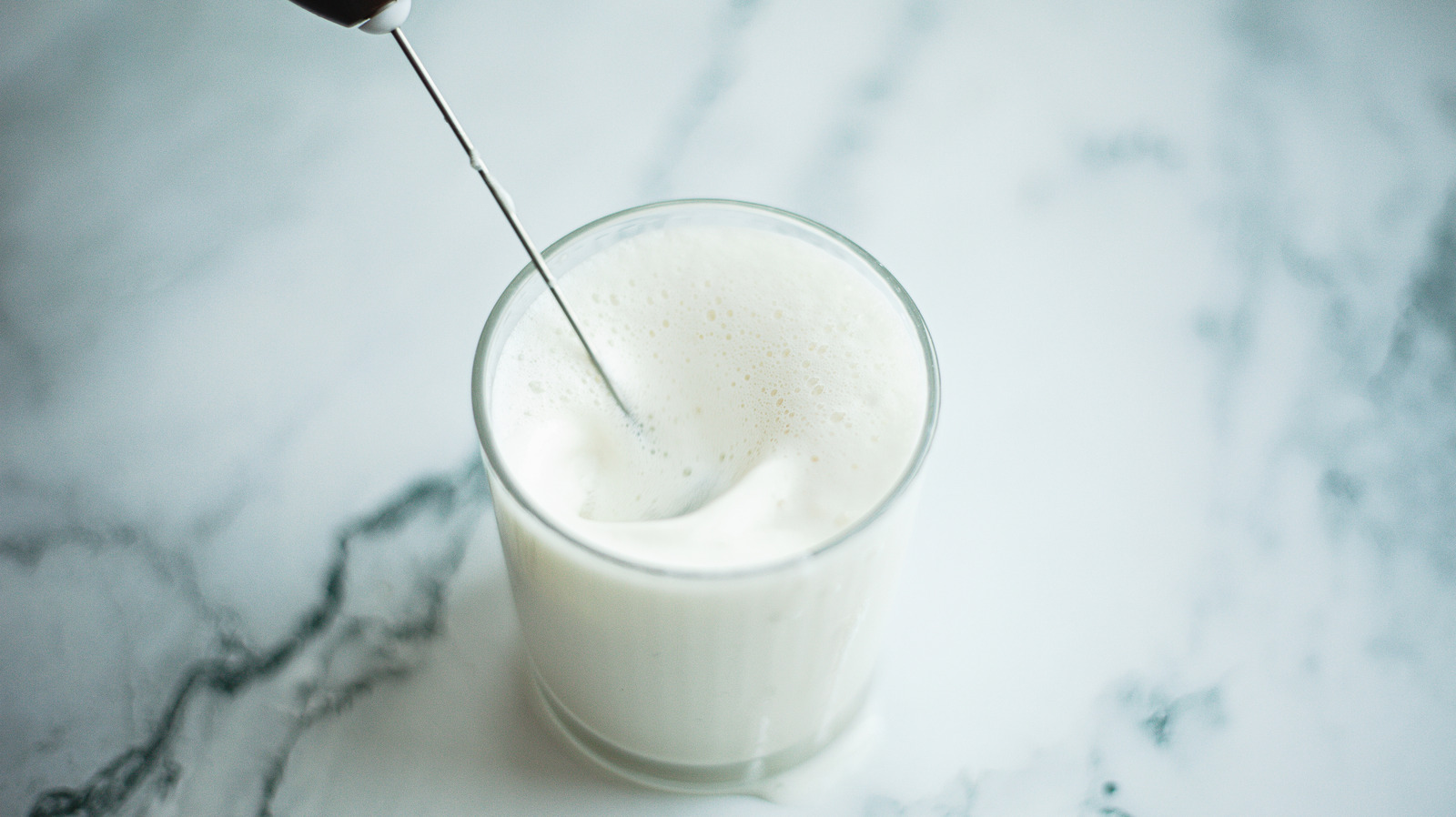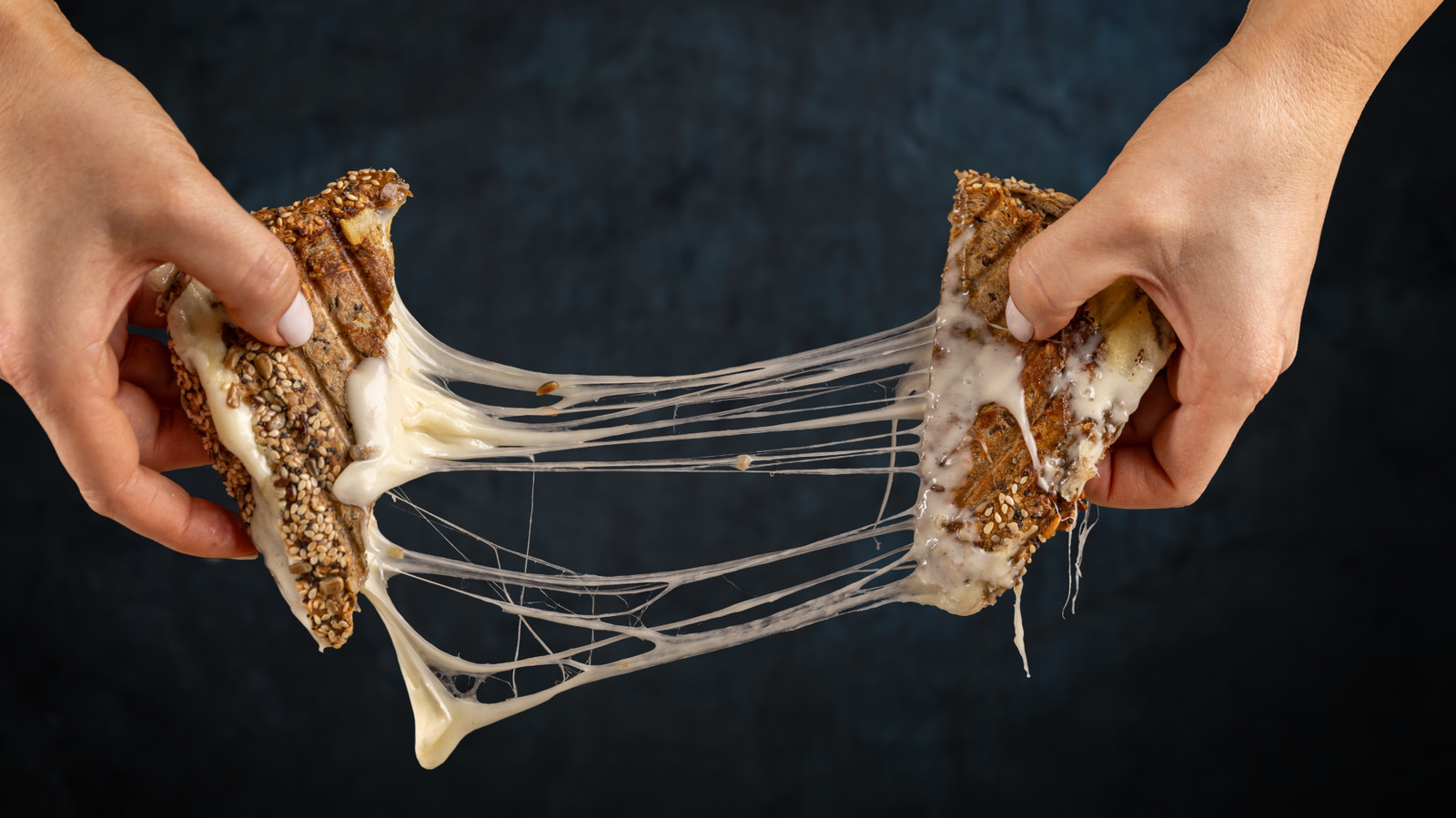We’ve always been aware of how food affects our body. But a new field of nutritional psychiatry has a different way of looking at things. “The relationship between food, mood and anxiety is garnering more and more attention,” said Dr.
Uma Naidoo , a Harvard-trained nutritional psychiatrist, professional chef and author of This is Your Brain on Food: An Indispensable Guide to the Surprising Foods That Fight Depression, Anxiety, PTSD, OCD, ADHD, and More. She’s a pioneer in the field of nutritional psychiatry, a growing specialty that’s been exploring how even small dietary changes can have a measurable impact on mental health. For example, just by making changes like cutting back on processed foods and adding more greens, lean proteins and healthy fats to your meals, you could begin to make a positive impact on your own mental health.
Your Mind And Gut Are Always Communicating “We now have several converging data points that support the hypothesis that a healthy diet can improve our mood,” said Dr. Wolfgang Marx, a senior research fellow at the Food and Mood Centre at Australia’s Deakin University and president of the International Society for Nutritional Psychiatry Research . “There are also several observational studies that show a variety of healthy dietary patterns, particularly the Mediterranean diet , is associated with a reduced risk of depression, while high intakes of ultra-processed foods or diets that are " pro-inflammatory " are associated with an.











:upscale()/2024/12/23/986/n/1922441/ae269e286769e6f5b332b2.08351138_.jpg)







